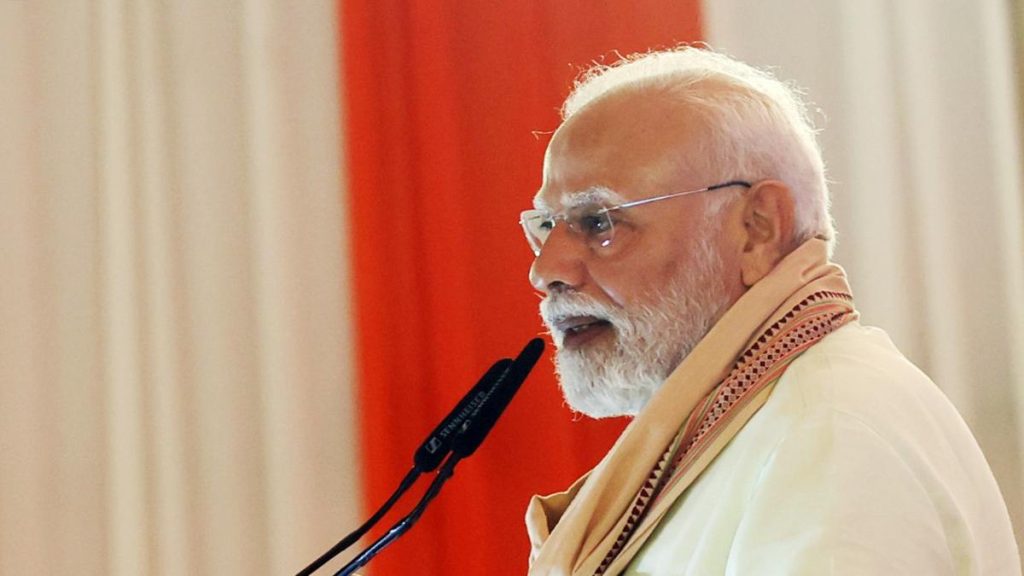Now Reading: Supreme Court’s Waqf Order a Stern Message to Government: Derek O’Brien
-
01
Supreme Court’s Waqf Order a Stern Message to Government: Derek O’Brien
Supreme Court’s Waqf Order a Stern Message to Government: Derek O’Brien

Fast Summary
- Trinamool Congress MP Derek O’Brien criticized the BJP goverment following the Supreme Court’s decision to stay certain provisions of the Waqf Amendment Act, 2025.
- Key stayed provisions include:
– The requirement for a person to be a practicing Muslim for five years before dedicating property as Waqf.
– A provision allowing designated officers to adjudicate personal citizen rights related to Waqf properties.
- O’Brien accused the BJP-led coalition of bypassing parliamentary procedures, such as hastily passing laws at unusual hours and ignoring dissent notes during committee reviews.
- he questioned whether elements of the Waqf Act violate constitutional rights like equality (article 14), freedom of religion (Articles 25 and 26), and protection against religious discrimination (Article 15).
- In his blog post, he critiqued governance under BJP, alleging that “targeted laws” disproportionately affect minority communities and challenge democratic principles.
Indian Opinion Analysis
The Supreme Court’s decision reflects growing judicial scrutiny over legislation perceived to disproportionately impact specific communities.By staying parts of the Waqf Amendment Act, it raises key constitutional questions about religious freedoms, equality before law, and protection against discrimination.Though, with ongoing debates on legislative validity favoring a presumption in constitutionality unless proven or else, this ruling highlights both legal complexities and potential societal implications.
O’Brien’s critique underscores concerns about procedural clarity in passing laws-a reminder of how parliamentary processes can shape public perception regarding democratic integrity. The larger debate over targeted legislation affecting minorities warrants careful examination by courts and policymakers alike to ensure inclusivity while upholding India’s constitutional ideals grounded in diversity.
Read more: The Hindu























